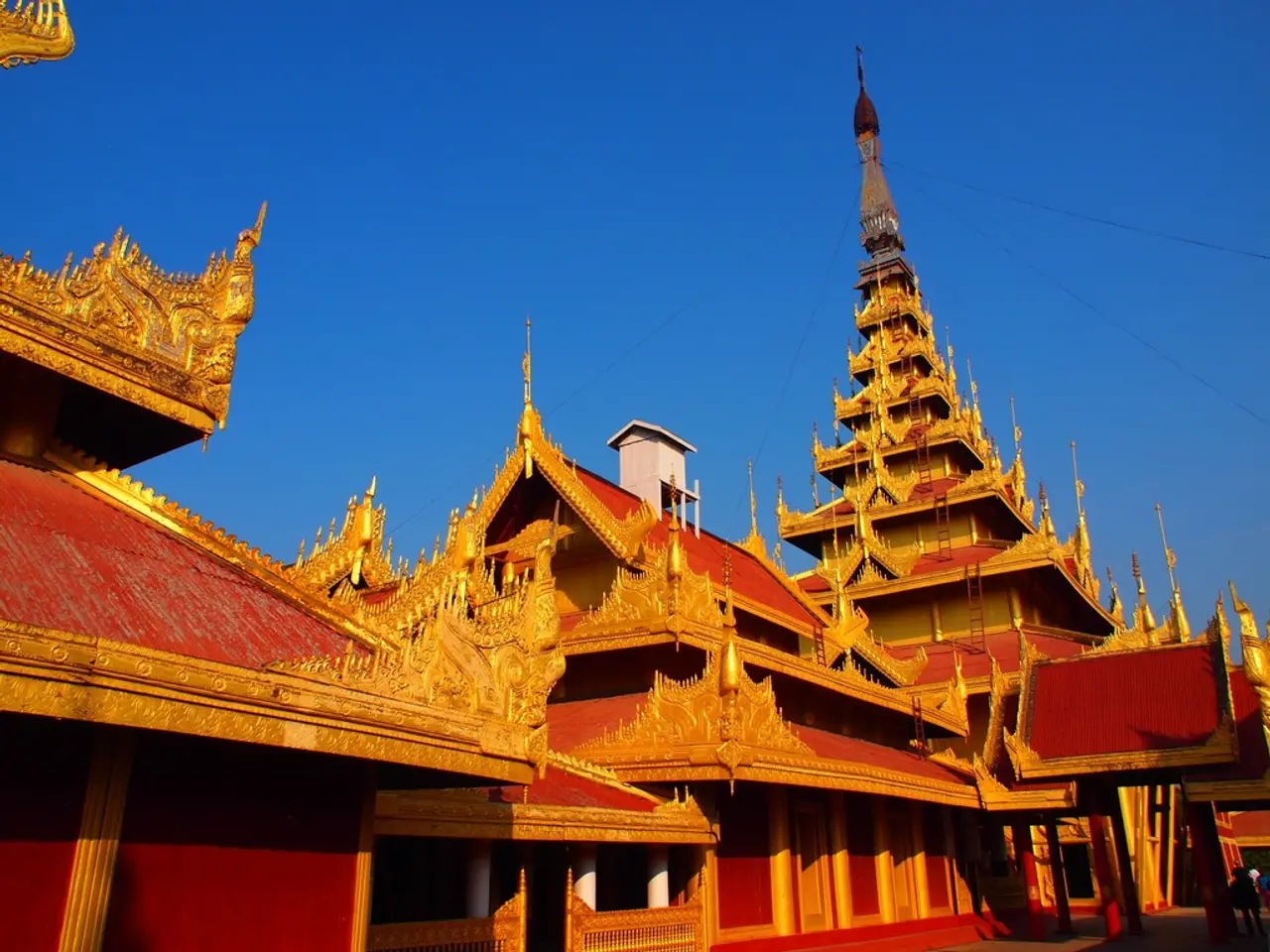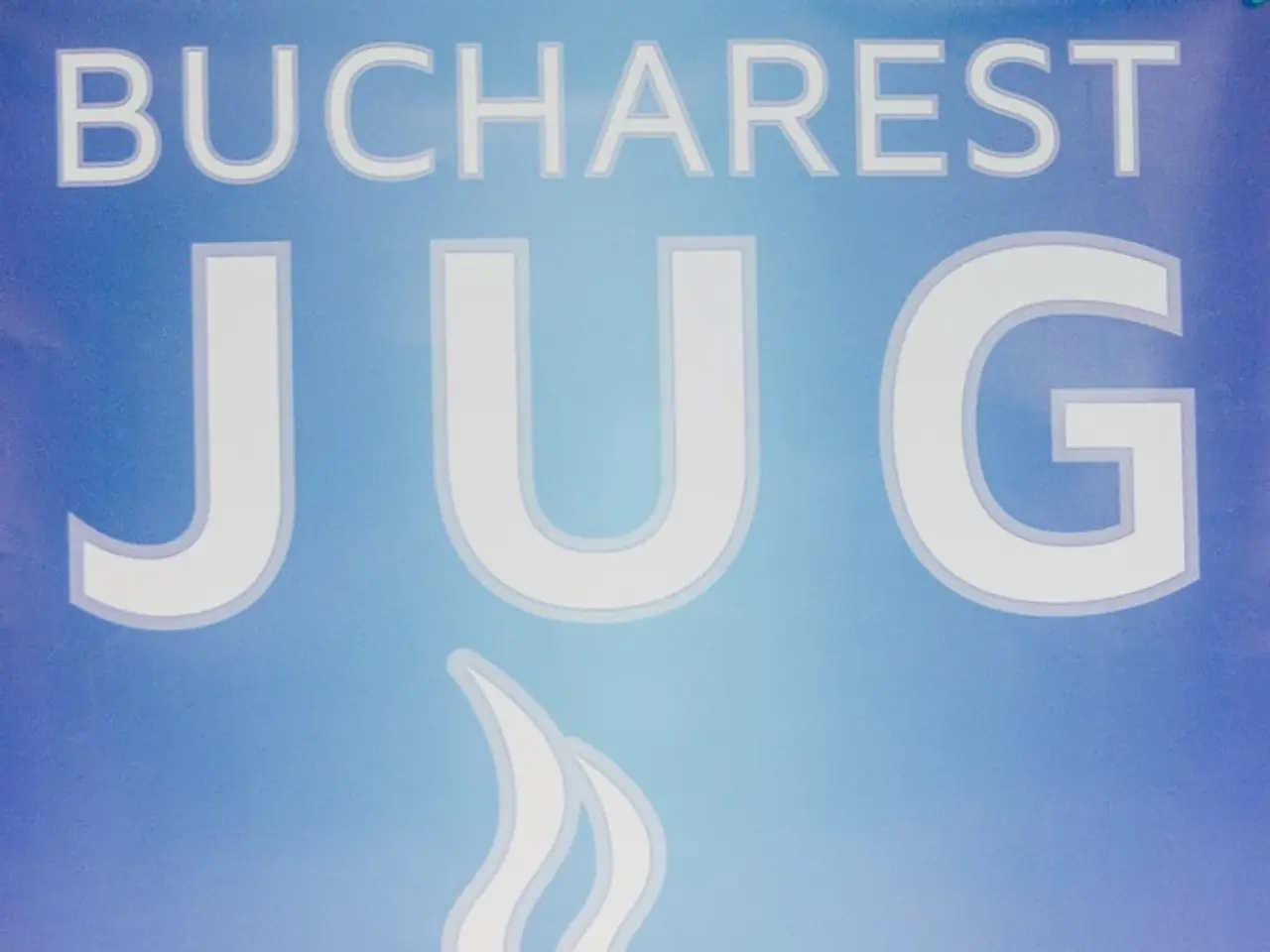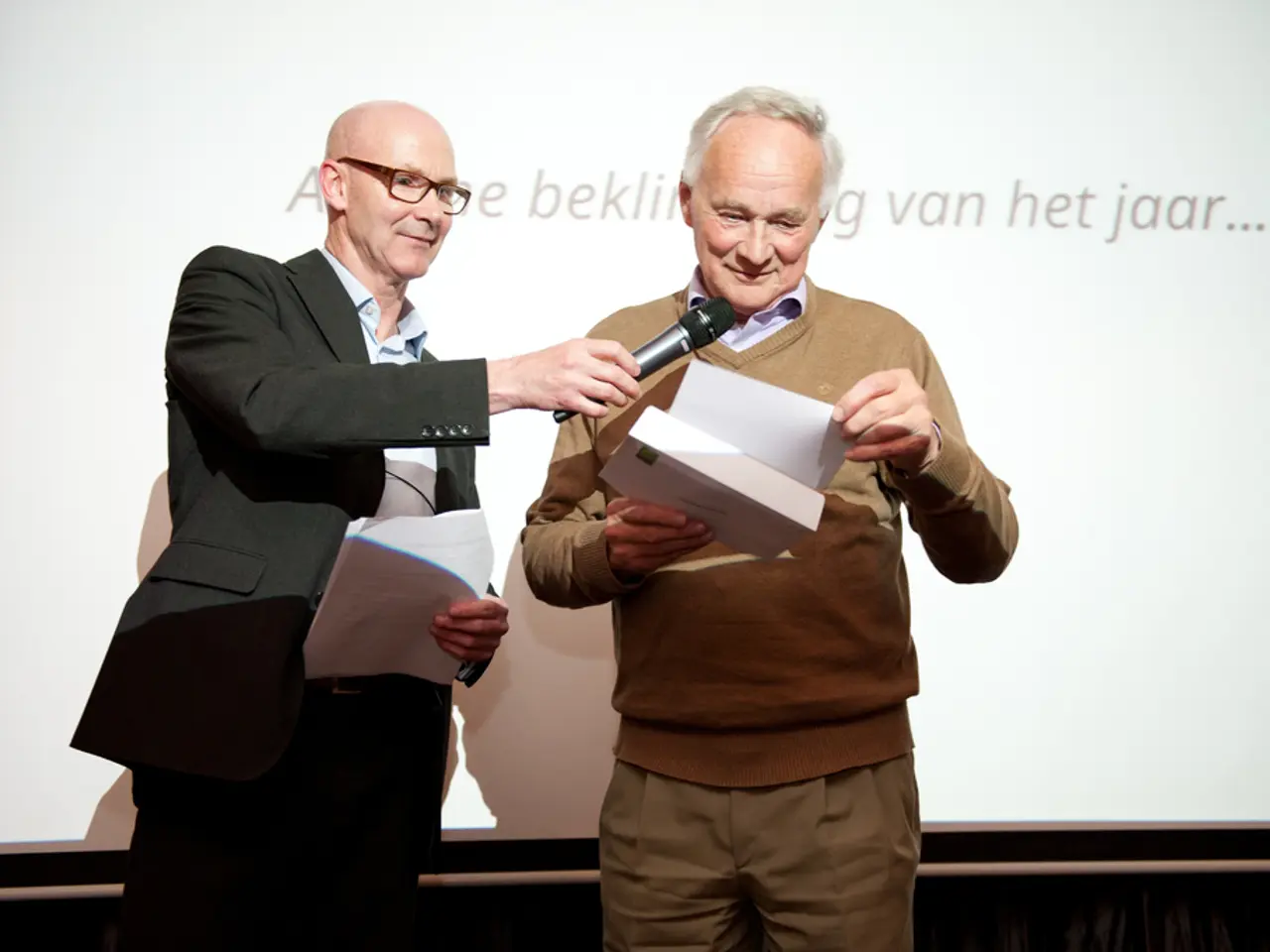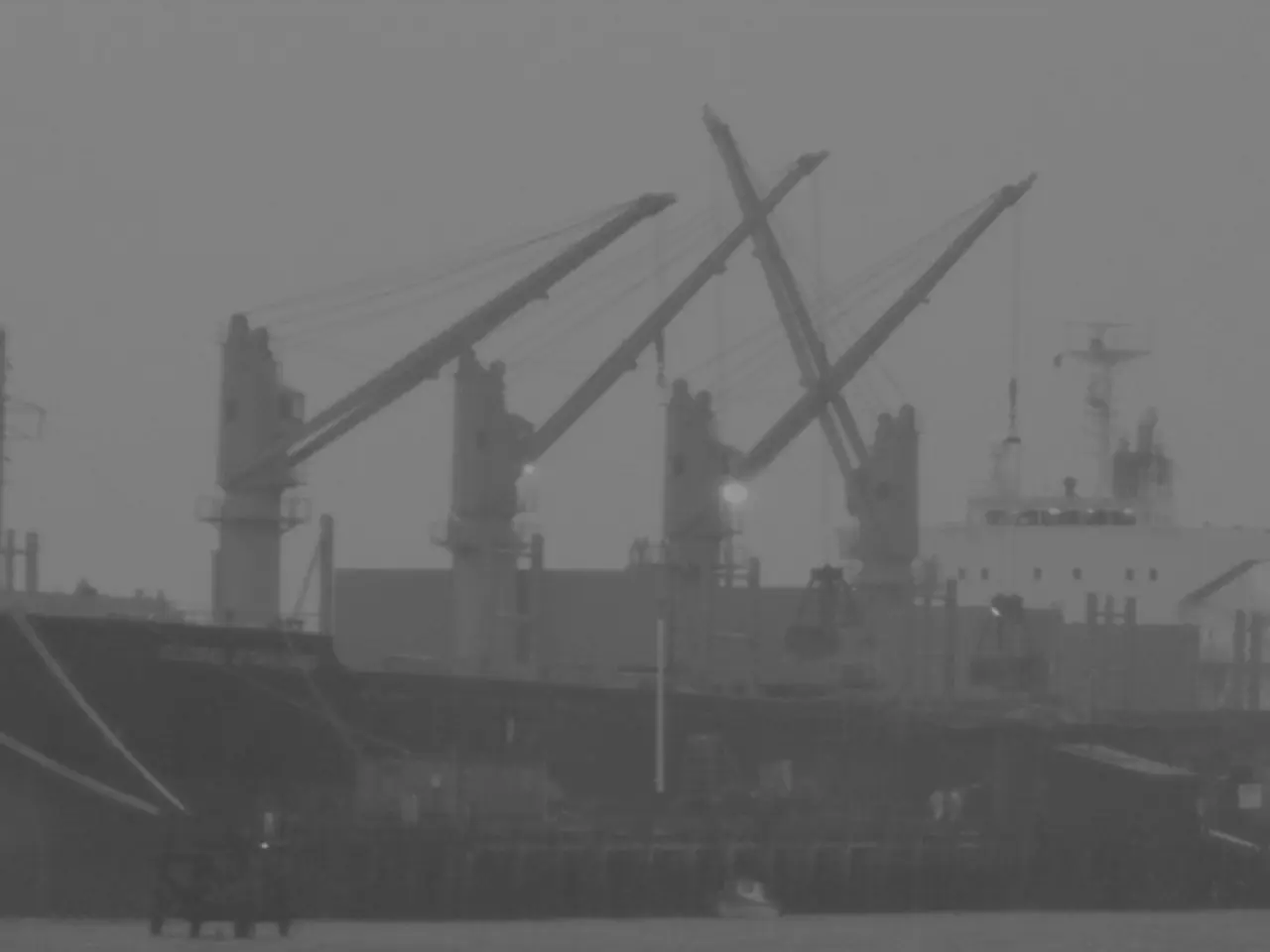Government pushes forward with 2 strategies to combat transboundary air pollution in the Northern region
In a significant move, the Thai government has announced a comprehensive plan to address cross-border pollution in the Northern watershed, particularly focusing on the prevention and remediation of heavy metal impacts. This initiative comes in response to the contamination of the Kok and Sai rivers, which originate from Myanmar and have been causing concern for communities along Thailand's border.
On July 15, 2025, the Thai Cabinet approved two main strategies to tackle this issue. The government's approach consists of both domestic and international measures.
Domestically, the government will focus on funding for the removal of toxins, restoration of contaminated water sources, and the conservation of forest and wetland areas. The Ministry of Natural Resources and Environment has been designated as the lead agency to coordinate these efforts, ensuring cooperation with other relevant organizations and providing progress reports to the Cabinet Secretariat within 30 days of the announcement.
Internationally, the government aims to collaborate and coordinate with Myanmar and other relevant parties to address pollution sources from across the border. The Upper Mekong River Basin Committee has been appointed as the coordinating body. The Ministry of Foreign Affairs will initiate talks with Myanmar to halt mining activities causing the contamination.
In addition, the government will allocate funding for these initiatives. The Provincial Waterworks Authority, local governments, and the Ministry of Interior will collaborate to provide clean drinking water and implement long-term plans for securing safe raw water sources. The Pollution Control Department will increase the frequency of water and sediment sampling.
To improve management, prevention, and remediation measures for cross-border pollution, the government will also work on updating domestic laws. International collaboration frameworks will be established to address cross-border pollution. The National Water Resources Committee may review and adjust the composition of water resource sub-committees in Chiang Rai and Chiang Mai.
The Thai government is also seeking diplomatic cooperation both bilaterally and regionally to address the cross-border pollution. Progress reports on the efforts to address cross-border pollution will be submitted to the Cabinet Secretariat within 30 days.
For those interested in following these updates and ongoing government actions, official news sources like The Nation Thailand provide regular reports on ASEAN-related and environmental issues affecting Northern Thailand. Examining cabinet statements and Ministry of Natural Resources and Environment releases will provide more comprehensive policy details and timelines related to heavy metal pollution control and watershed remediation efforts.
- The Thai government's comprehensive plan to address cross-border pollution focuses not only on domestic measures but also on international collaboration.
- The government's proposed international strategies include collaborating with Myanmar and other relevant parties to address pollution sources from across the border.
- The government's domestic initiatives include funding for the removal of toxins, restoration of contaminated water sources, and conservation of forest and wetland areas.
- A key domestic agency tasked with coordinating these efforts is the Ministry of Natural Resources and Environment, which will also provide progress reports to the Cabinet Secretariat.
- To improve management, the government is working on updating domestic laws and establishing international collaboration frameworks to address cross-border pollution.
- To stay informed about the government's ongoing actions related to heavy metal pollution control and watershed remediation efforts, one can follow official news sources like The Nation Thailand.






